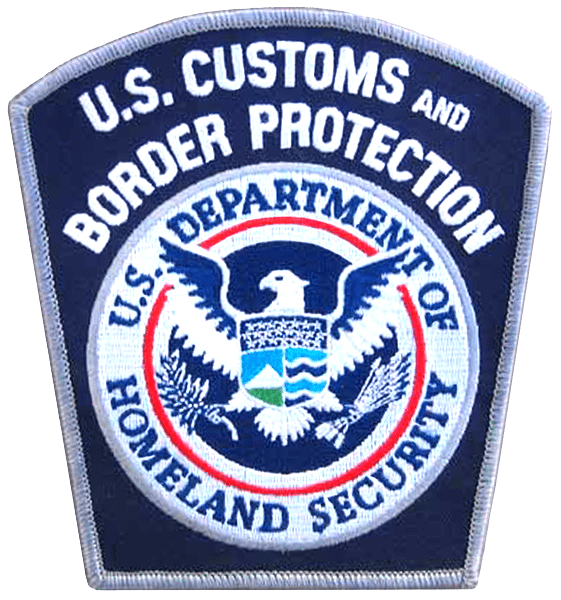In-Bond Regulatory Changes Pushed Back
U.S. Customs and Border Protection will extend the time frame for initial implementation of these regulatory changes for all participants for six months. CBP Officers will continue to accept paper CBP Form 7512 and input the data on the trade’s behalf until July 2, 2018. On that date, paper forms will no longer be accepted for input into the ACE system by CBP Officers.

The new implementation schedule will be as follows:
July 2, 2018
Paper CBP Form 7512 will no longer be accepted by CBP for input into ACE. Electronic filing of new in-bond transactions will be the responsibility of the trade. Paper forms or other paper alternatives (screen prints or plain paper documents etc.) will be accepted as part of enforcement processes at the border or verification/audit operations such as warehouse withdrawals, FTZ exports and transfers or vessel/aircraft supply operations where additional information is required on paper forms that is not provided for electronically.
August 6, 2018
Electronic reporting of all transactions will be mandatory; CBP will no longer accept paper copies of the CBPF 7512 to perform arrival and export functionality. These functions will be the requirement of the carrier. Electronic reporting will be mandatory. In addition, electronic reporting of diversion to a port other than reported on the original in-bond will be required. An ACE edit will reject arrival if not performed. Electronic reporting of bonded cargo location (FIRMS code) will be required. An ACE edit will reject arrival if not provided.
At this time, no date is set for implementation of the provision requiring the 6 -digit Harmonized Tariff Schedule number requirement for Immediate Transportation movements.
